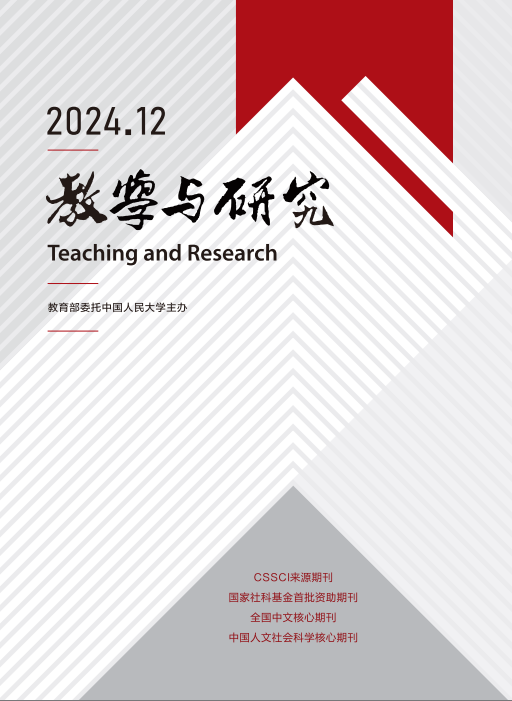In the Internet era, the construction of cyberspace based on digital, networked and intelligent technologies has provided a new field of activity for human spiritual communication practice, which promotes the extension of spiritual communication activities in real society to cyberspace and gives birth to a new form of communication practice, namely, spiritual communication in cyberspace. Spiritual communication in cyberspace is a practical activity based on virtual practice, connected by digital relationships, dominated by meaning sharing, and produced by network ideologies. Changes in the mode of production of information, innovations in media technologies, the evolution of survival practice, and the needs of human spiritual communication in cyberspace jointly promote the generation and development of spiritual communication in cyberspace. In the face of the profound changes in the practice of spiritual communication, we should scientifically grasp the value connotation of spiritual communication in cyberspace in realizing the comprehensive development of human beings, promoting the common prosperity of the peoples spiritual life, promoting the construction of cyber civilization in the new era, and building a community with a shared future in cyberspace, so as to open new prospects for the practice of spiritual communication in cyberspace.



